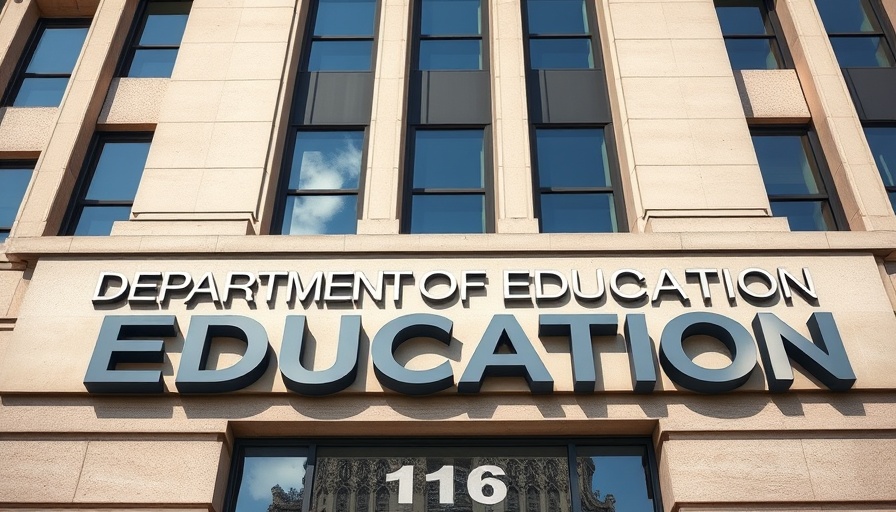
Understanding the Dismal NAEP Scores
The recent data from the National Assessment of Educational Progress (NAEP), known colloquially as "The Nation’s Report Card," reveals a troubling trend in American education. American students are lagging behind, with significant portions failing to meet even basic proficiency levels in essential subjects. For example, an alarming 69% of fourth-graders and 70% of eighth-graders scored at or below the basic level in reading in 2024, marking the lowest performance in history.
These results raise critical questions about the direction of education policy in the United States. The decline is not merely statistical; it carries real-world implications for future generations. Advocates of reform, including former President Donald Trump and current Department of Education Secretary Linda McMahon, assert that the failing scores vindicate their calls for a shift in control of education from federal to local authorities.
Parental Control and Education Reform
McMahon's assertion that the Department of Education has failed its mission hinges on a key tenet: empowering parents and local school districts to take back control. With taxpayers having poured over $3 trillion into education since 1979, proponents argue that the issue isn't a lack of funding but rather a lack of effective management. According to McMahon, “Success isn’t about how much money we spend, but who controls the money and where that money is invested.” This paradigm shift seeks to tailor education to the unique needs of each student instead of adhering to a one-size-fits-all federal approach.
Sarah Parshall Perry, from the organization Defending Education, echoes these sentiments, arguing that burdens like forced remote learning during the pandemic have exacerbated the crisis, robbing students of valuable time and hindering their futures. The sentiment among many parents as the new school year begins is one of disillusionment, highlighting a shared concern for the educational landscape ahead.
The Historical Context of Educational Decline
Understanding today's realities requires a look back at how the U.S. education system has evolved over the decades. In the early '90s, the average score for 12th-grade reading was 292 points; today, it has fallen to 283. Math proficiency has incurred similar losses, highlighting a trend of degradation rather than improvement. The discourse around education has historically revolved around the balance of federal vs. local authority, and as these scores illustrate, the balance appears to have tipped unfavorably toward federal oversight.
Implications for Seniors and Future Generations
The implications of these educational trends extend beyond K-12 classrooms, reaching the hearts of families and communities. For seniors and retirees, understanding these shifts is crucial. Their child and grandchild’s future is intricately tied to the quality of education. As caretakers and advisors, seniors need to stay informed about how these developments could affect their families financially and socially. The quality of education impacts future job opportunities and economic stability for these upcoming generations, highlighting the need for concern and potential action among older adults.
Decisions You Can Make With This Information
As citizens, it’s imperative to consider how one can engage in the debates surrounding educational reforms. Whether it’s advocating for local school governance, discussing educational policy with family and friends, or urging elected representatives to focus on practical reforms, individual action can lead to significant change. Avoiding complacency in these conversations is essential for creating a roadmap toward better educational outcomes for future generations.
Moreover, involvement can take many forms, from participating in school board meetings to supporting local educational initiatives. For retirees and seniors concerned about the state's approach to education, your voice matters. Consider leveraging your experience to foster discussions within your community, pushing for changes that prioritize children's needs.
Final Thoughts and the Call to Action
In light of these alarming educational statistics, it is vital for seniors, caregivers, and concerned citizens to stay proactive about educational reform. The future of our children and grandchildren depends on urgent changes in the way education is governed. By advocating for policies that prioritize local control and parental involvement, we can work together to shape a more effective and responsive educational system.
As the school year unfolds and new challenges arise, it's essential not to let these concerns fade into the background. Let’s come together, discuss what we can do, and make informed decisions that will secure better educational outcomes for our future generations.
 Add Row
Add Row  Add
Add 




Write A Comment